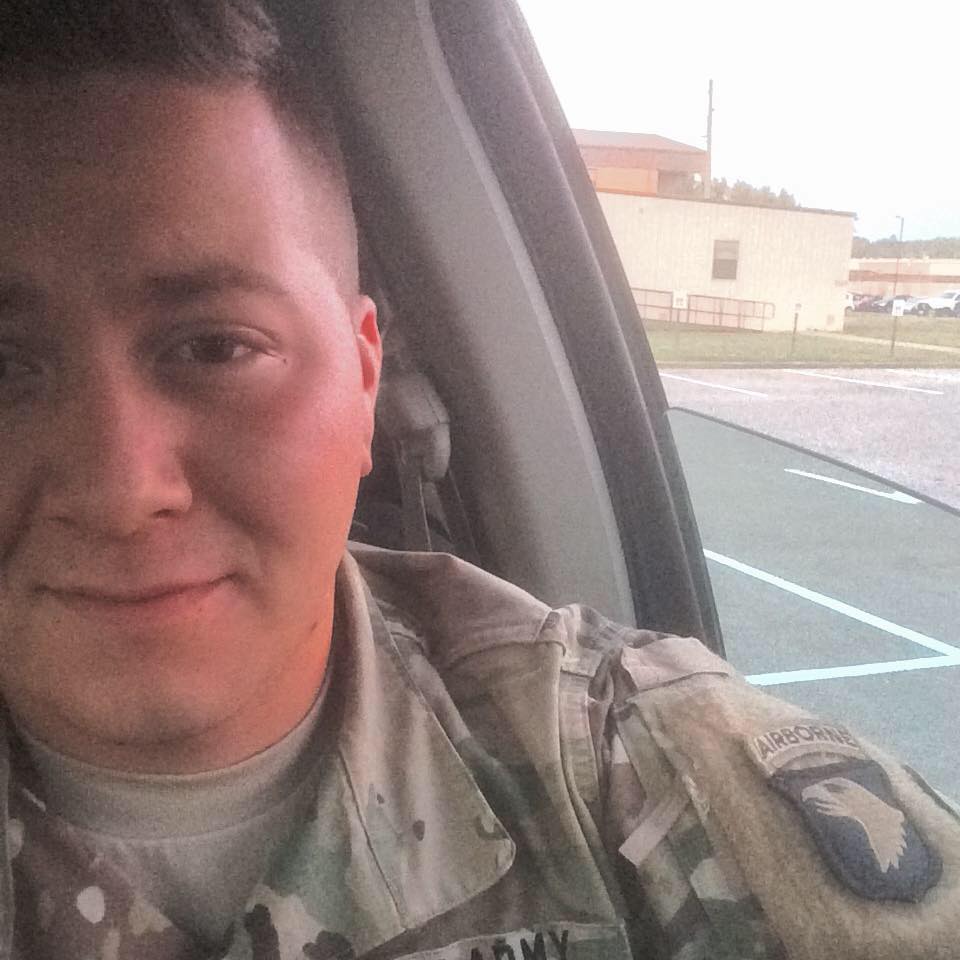- Why Choose 1st United
- What Is A VA Home Loan?
- What You Should Know About VA Loans
- VA Loans vs. Conventional Loans
- 7 Important VA Loan Facts
- What’s Involved in the Mortgage Process?
- How Much House Can You Afford
- The Difference In Pre-Qualifications and Pre-Approvals
- How To Get A VA Loan With Bad Credit
- 10 Steps to Buying a Home
- Hiring A Real Estate Agent
- Planning Your Home Purchase
© 1st United Mortgage. All rights reserved.
What You Should Know About VA Loans

Veterans Administration (VA) loans are a popular benefit of military service, thanks to competitive interest rates and little-to-no down payment needed. Though these loans are backed by the VA, they aren’t government loans. In other words, they are still offered through private lenders.
Eligibility
It’s important to understand that the requirements do vary. Factors weighed are whether you’re a veteran or currently on active duty, the era in which you served and whether you served or are serving in the National Guard or Reserve.
General markers:
- Current active-duty members are eligible after 90 continuous days of service.
- Veterans serving after Aug. 2, 1990 are eligible if they served for 24 continuous months.
- Guard members and reservists are eligible after 90 days of active service or six years of Guard and Reserve service.
Also eligible are spouses (in a few special circumstances), military academy cadets and individuals who served in certain government organizations. For full eligibility details, go to the VA website.
Certificate of Eligibility
When applying for a VA loan, you’ll need a Certificate of Eligibility (COE). This is usually easy to obtain as most lenders have access to a website to rapidly establish your eligibility and produce a COE. It is possible to contact the VA directly for a Certificate of Eligibility, though this process can take weeks.
You’ll need the Certificate of Eligibility any time you apply for a VA loan.
Financial Consideration
Even with a Certificate of Eligibility, your approval for a VA loan is not guaranteed. There are financial markers set by the VA that you will need to meet, and your lender will likely also have a minimum credit score requirement. However, it is still possible to get a VA home loan with low credit scores.
One of the guidelines is your debt-to-income ratio. This is your monthly debt payments in relationship to your monthly income. The ratio is determined by dividing your total monthly debts (including the mortgage, car loans, student loans and minimum payments on credit cards) by your monthly income before taxes. This is also known as your “gross income.”
Your residual income should also be considered. Residual income is the minimum amount of money the VA thinks you should have after taxes are withheld, and your debt payments have been made.
The residual income requirement varies. Depending on where you live, lenders adjust for certain factors such as proximity to a military base with access to tax-free shopping.
Other guidelines for approval also vary among lenders as well as with each individual loan situation. In most parts of the country, you will need a down payment if borrowing more than $453,100 (as of 2017).
Funding Fee
One perk with VA loans is that they don’t require monthly private mortgage insurance (PMI), even with down payments under 20%. However, VA loans do involve a “funding fee.” Exemptions are possible if you get VA compensation for a service-connected disability.
The size of the funding fee varies from 1.25% to 3.3% of the amount you’re borrowing. Things that influence the fee include:
- The size of your down payment.
- Whether you served in active-duty military, or the Guard and Reserves.
- Whether you’ve used your VA loan eligibility before.
Regular Military
| Down Payment | Fee for First Time Use of VA Loan | Fee for Additional Use |
| Down payment:None | Fee for first time use of V A Loan:2.15% | Fee for additional use:3.30% |
| Down payment:5% to 9.9% | Fee for first time use of V A Loan:1.50% | 1.50% |
| Down payment:10% or More | Fee for first time use of V A Loan:1.25% | Fee for additional use:1.25% |
Reserve or National Guard
| Down Payment | Fee for First Time Use of VA Loan | Fee for Additional Use |
| Down payment:None | Fee for first time use of V A Loan:2.40% | Fee for additional use:3.30% |
| Down payment:5% to 9.9% | Fee for first time use of V A Loan:1.75% | Fee for additional use:1.75% |
| Down payment:10% or More | Fee for first time use of V A Loan:1.50% | Fee for additional use:1.50% |
The funding fee is paid at closing or by adding it to the amount you’re borrowing. If you roll the fee into the loan, remember it becomes more expensive over time because of interest. If you decide not to make a down payment, you’ll also owe more than your home is worth initially. This can be a challenge if you need to sell the property before enough equity is built.




